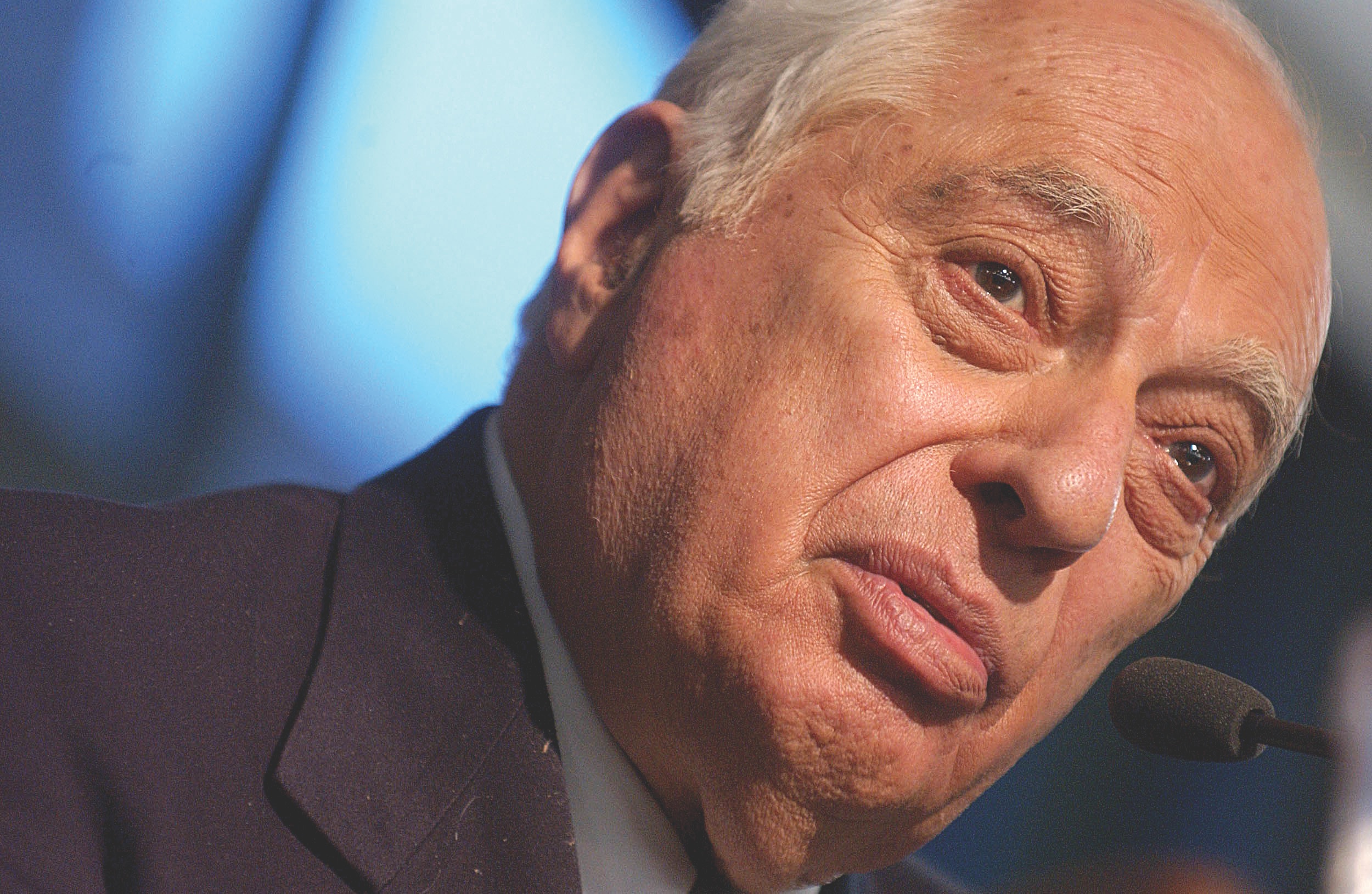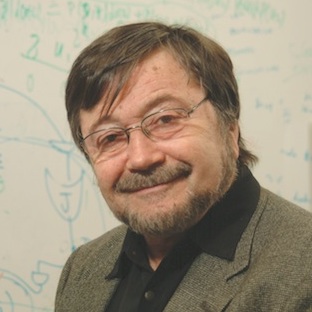
Professor Bernard Lewis, apreeminent scholar of Islam and Middle Eastern history died May 19, 12 days before his 102nd birthday at an assisted living facility in Vorhees, N.J.
A British-born intellectual who served in World War II and became a professor at Princeton University in 1974, Lewis is credited with conceiving the term “clash of civilization” between the Muslim and Western worlds. He understood that “Islam is still the most effective form of consensus in Muslim countries” and predicted that Islamic ambitions eventually would overturn Turkey’s commitment to democracy.
Much has been written — pro and con — about Lewis’ attitude toward Islamic societies and about America’s role in the Middle East. Less has been written about Lewis’ Jewishness and his personal experience as a Jew.
The following excerpt — written by Lewis on July 21, 2003, for the book “I Am Jewish: Personal Reflections Inspired by the Last Words of Daniel Pearl” — sheds light on these questions. It is republished here as a tribute to a fellow Jew and an intellectual powerhouse who shaped our understanding of a conflict whose depth we refused to accept.
* * * * *
It was more than sixty years ago, but I still vividly remember the occasion and the conversation. It was in the middle of the night, and apart from the routine rumble of shells and bombs, things were relatively quiet. I was on night watch. In the branch of His Majesty’s Service in which I served, we took turns to stay awake, two at a time, all night long, to deal with any emergency that might arise.
“Jewishness (I prefer this word to Judaism, which sounds rather theological) is a shared memory and experience of life. It is a many-faceted culture, distinctive yet compatible and combinable with other cultures.” — Bernard Lewis
My colleague George said, “Forgive me. I don’t want to intrude, but am I right in thinking that you are Jewish?”
“You are right,” I replied. “I am Jewish, and there is nothing to forgive.”
“Forgive me,” he said again, “but I have the impression that you are not a devout and observant Jew.”
“You are right again,” I said.
“Then I don’t understand,” he said. “Why do you bother?”
“Now I don’t understand,” I said. “What do you mean by that?”
“Let me try to explain,” George said. “You must agree that being Jewish is often difficult and sometimes dangerous.”
“Yes, indeed,” I said. “One could hardly deny this statement in a branch of the intelligence service in 1942.”
“Then I don’t understand,” George said again. “I can see that you may be ready to face persecution or death for your religious beliefs. But if you don’t hold or live by those beliefs, then why bother?”
I set to work to try and explain to George — and to myself — why being Jewish meant not only belonging to a community defined by religion, though that was obviously a primary part of it. Jewishness (I prefer this word to Judaism, which sounds rather theological) is a shared memory and experience of life. It is a many-faceted culture, distinctive yet compatible and combinable with other cultures. It is an identity — not a whole or exclusive identity — but an important part of the multiple identities that all civilized people bear. Finally, it is a heritage, preserved through millennia by courage, achievement and loyalty, and for all these reasons a source of legitimate pride to be cherished and passed on to those who come after us.
For most, even for those whose religious faith is at best tenuous and whose Jewish identity is overshadowed by other, larger identities, denying that Jewish identity would be an act of falsehood, if not to others, then to oneself. n
Excerpted, edited and reprinted with permission from “I Am Jewish: Personal Reflections Inspired by the Last Words of Daniel Pearl,” co-edited by Judea and Ruth Pearl (Jewish Light 2004), winner of the National Jewish Book Award.
JUDEA PEARL is Chancellor’s Professor of Computer Science and Statistics at UCLA and president of the Daniel Pearl Foundation.























 More news and opinions than at a Shabbat dinner, right in your inbox.
More news and opinions than at a Shabbat dinner, right in your inbox.